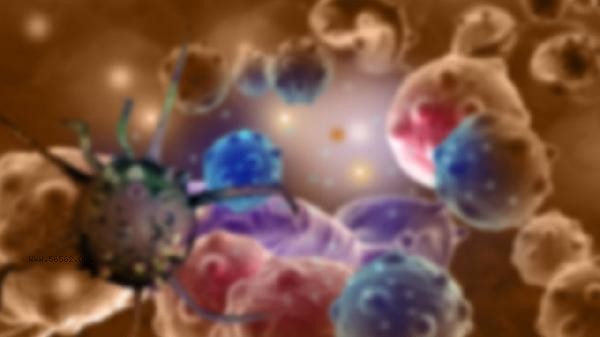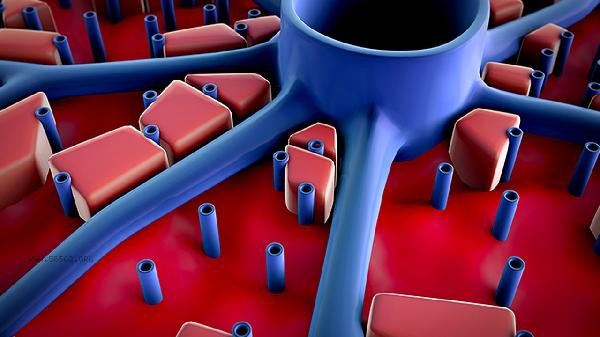A high monocyte ratio may be caused by viral infections, bacterial infections, autoimmune diseases, hematological disorders, or drug reactions. Mononuclear cells are an important component of the immune system, and abnormal ratios often indicate the presence of inflammation or immune response in the body.

1. Viral infection:
Elevated monocyte ratio is commonly seen in infections such as EB virus and cytomegalovirus. This type of viral infection stimulates the immune system to produce more monocytes to fight against pathogens. The increase in monocytes caused by viral infection is usually accompanied by symptoms such as fever, sore throat, and enlarged lymph nodes. Blood routine examination shows an increase in lymphocytes at the same time.
2. Bacterial infection:
Infection with special pathogens such as Mycobacterium tuberculosis and Brucella can lead to a sustained high monocyte ratio. This type of chronic infection activates the monocyte macrophage system, prolonging the residence time of monocytes in the bloodstream. The increase in monocytes caused by bacterial infection is often accompanied by an elevation in neutrophils and abnormal inflammatory markers such as C-reactive protein. 3. Autoimmune diseases: Systemic lupus erythematosus, rheumatoid arthritis, and other diseases can cause an increase in the monocyte ratio. Autoimmune diseases can continuously activate the immune system, leading to excessive proliferation of monocytes. In addition to abnormal monocytes, these patients usually have positive specific autoantibodies and may experience multiple systemic symptoms such as joint swelling and pain, rash, etc.
4. Hematological disorders:

Certain blood system diseases such as leukemia and myelodysplastic syndrome can cause abnormal increase in monocytes. Malignant lesions of the hematopoietic system can lead to clonal proliferation of monocytes, which is often accompanied by abnormalities in other blood cell indicators such as hemoglobin and platelets, and requires further diagnosis through bone marrow biopsy.
5. Drug reactions:
Long term use of glucocorticoids and certain antiepileptic drugs may lead to a transient increase in monocyte ratio. Drugs cause changes in the number of monocytes by affecting bone marrow hematopoietic function or altering immune regulatory mechanisms. After stopping the medication, the blood count can usually return to normal, and if necessary, the medication plan should be adjusted under the guidance of a doctor. When the monocyte ratio is found to be high, it is recommended to make a comprehensive judgment based on other examination indicators and clinical symptoms. Mild elevation may be related to recent infection, and blood routine can be rechecked 1-2 weeks later; When there are persistent abnormalities or accompanying changes in other blood cell indicators, further peripheral blood smear, bone marrow examination, autoantibody testing, and other tests should be performed to determine the cause. Daily attention should be paid to rest, ensuring sufficient sleep, and avoiding excessive fatigue; Eat more fruits and vegetables rich in vitamin C and supplement high-quality protein in moderation; Moderate exercise can help enhance immunity, but vigorous exercise should be avoided during the acute infection period. Special populations such as pregnant women and children with abnormal monocytes are recommended to seek medical evaluation in a timely manner.










Comments (0)
Leave a Comment
No comments yet
Be the first to share your thoughts!